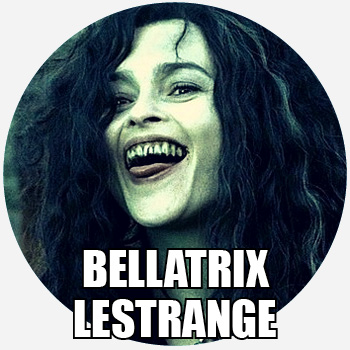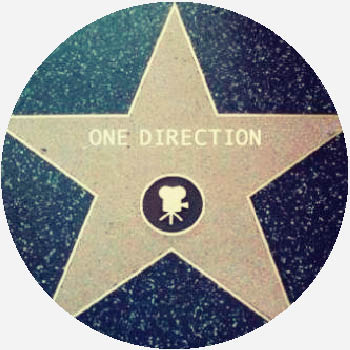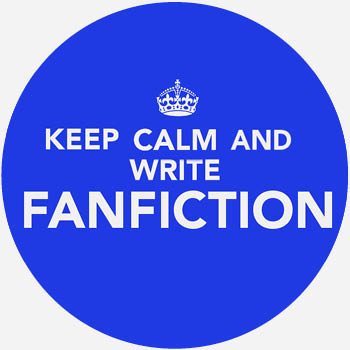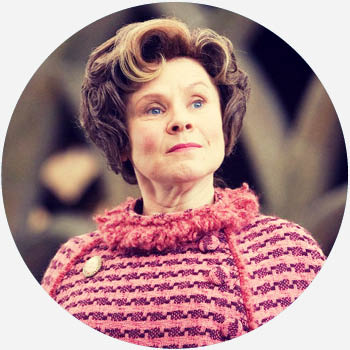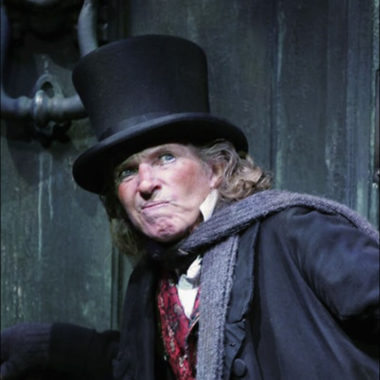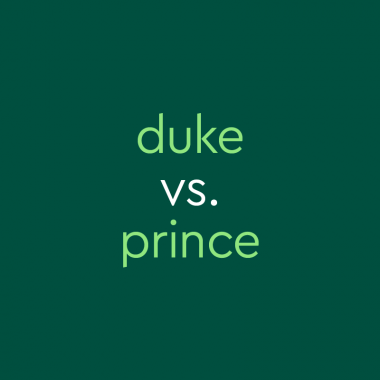Assume vs. Presume
The words assume and presume both mean that you take something for granted as being true, but the difference is based on how certain you are. Assume is typically used in situations where someone takes something as the truth with a very low level of certainty or with no proof at all. Presume usually involves a higher level of certainty and is used in situations …

